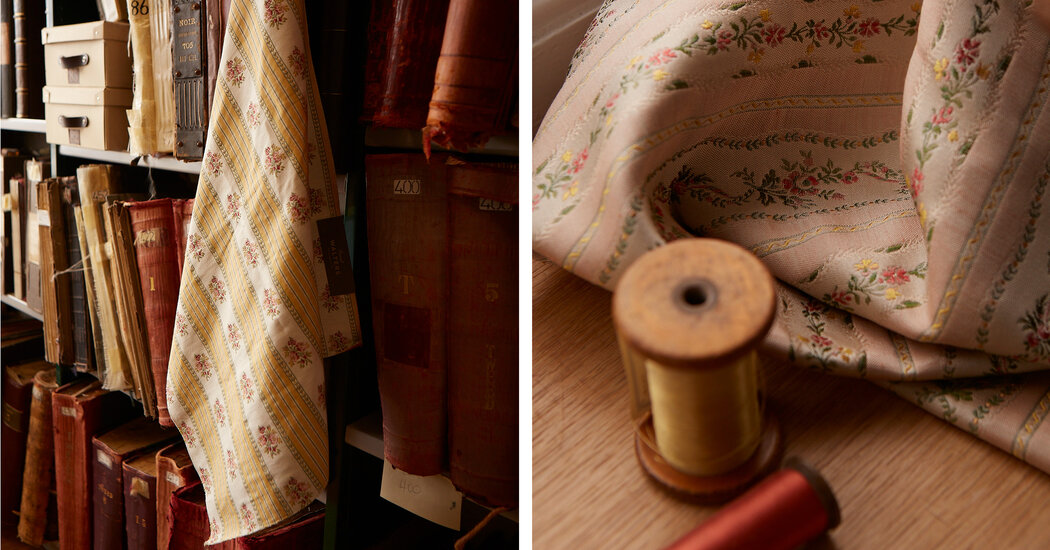When the Danish goldsmith Per Enevoldsen, the co-founder of the jewelry brand Pandora, and his friend Steen Bock first visited Porto, Portugal, they knew they’d eventually return to build something there together. The idea crystallized when they returned in 2016 and discovered a pair of 16th-century buildings in the city’s Largo de São Domingos neighborhood — they’d soon be available but needed work. Now, they’re an integral part of the Largo, the pair’s inaugural hospitality project (opening this week) that combines an 18-room hotel spread across five heritage buildings with the first Porto-based restaurant, Cozinha das Flores, and bar, Flôr, from the Lisbon-born, London-based chef Nuno Mendes. Designed by Space Copenhagen with a focus on local materials and the work of regional artisans — including the Pritzker Prize-winning architect Álvaro Siza, who created a tiled mural for the restaurant — each space reinterprets the look and feel of a Portuguese home. Mendes, who will be cooking dishes such as a sweet prawn and steamed egg cake with presunto balchão (ham in a spicy, vinegary sauce), had long fantasized about pursuing a project in his mother’s homeland. “That, combined with the opportunity to create a street-facing restaurant with rooms above, was particularly exciting,” he says. “Hosting people for a night is great, but if you have 24 hours with them, things get a lot more fun.” The Largo opens May 25, thelargo.com.
Wear This
Men’s Fashion That Highlights Indian Artistry
India, now the world’s most populous country, has long been underrepresented on the international stage for luxury men’s wear, though a trio of designers are seeking to change that. Kartik Kumra was studying economics at the University of Pennsylvania when the pandemic started, forcing him to return to his hometown, Delhi. He’d been fascinated by India’s textile traditions for years and seized the opportunity to found his brand, Karu, whose name is the Sanskrit word for artisan. Small-scale producers supply the brand’s woven silk and voile fabrics, which are made on antique hand looms, giving their camp shirts and patchwork trousers a homespun quality. Harsh Agarwal started working on his brand, Harago, during a gap year from law school that turned out to be permanent. Based in Jaipur, Rajasthan, Agarwal visits the home of each textile artisan he works with, giving him the chance to forge relationships with his suppliers. Sometimes,…
Click Here to Read the Full Original Article at NYT > Travel…
